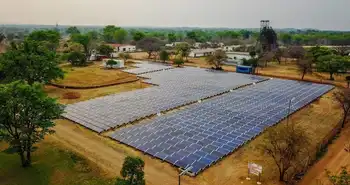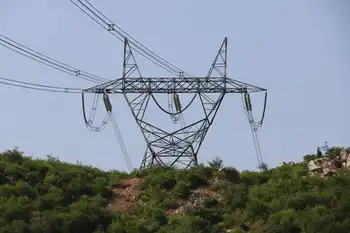FERC relieves BPA of reactive power compensation obligations
Generators supply reactive power to the grid to maintain acceptable voltage levels for the transmission system, but in an order issued recently, FERC said BPA is well within its rights under Order 2003 to eliminate reactive-power compensation for the IPPs because it has proposed to eliminate that compensation for its affiliates as well.
In late May, BPA proposed to cease compensation for all generators for reactive power supplied within the so-called deadband. BPA is required, however, to pay all generators for reactive power outside the deadband.
The proposal falls squarely under the commission's comparability standard, FERC said.
"The commission's policy is not new; we confirmed it in Order No. 2003 - an interconnection generator 'should not be compensated for reactive power when operating its generating facility within the established power factor range, since it is only meeting its obligation,'" FERC said.
"As we stated recently, 'the commission's policy is that where a transmission provider does not separately compensate its own or affiliated generators for reactive power service within the deadband, it need not separately compensate non-affiliated generators for reactive power service within the deadband," the commission added.
Related News

Africa's Electricity Unlikely To Go Green This Decade
LONDON - New research today from the University of Oxford predicts that total electricity generation across the African continent will double by 2030, with fossil fuels continuing to dominate the energy mix posing potential risk to global climate change commitments.
The study, published in Nature Energy, uses a state-of-the art machine-learning technique to analyse the pipeline of more than 2,500 currently-planned power plants and their chances of being successfully commissioned. It shows the share of non-hydro renewables in African electricity generation is likely to remain below 10% in 2030, although this varies by region.
'Africa's electricity demand is set to increase significantly…





